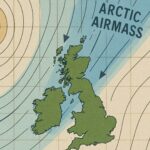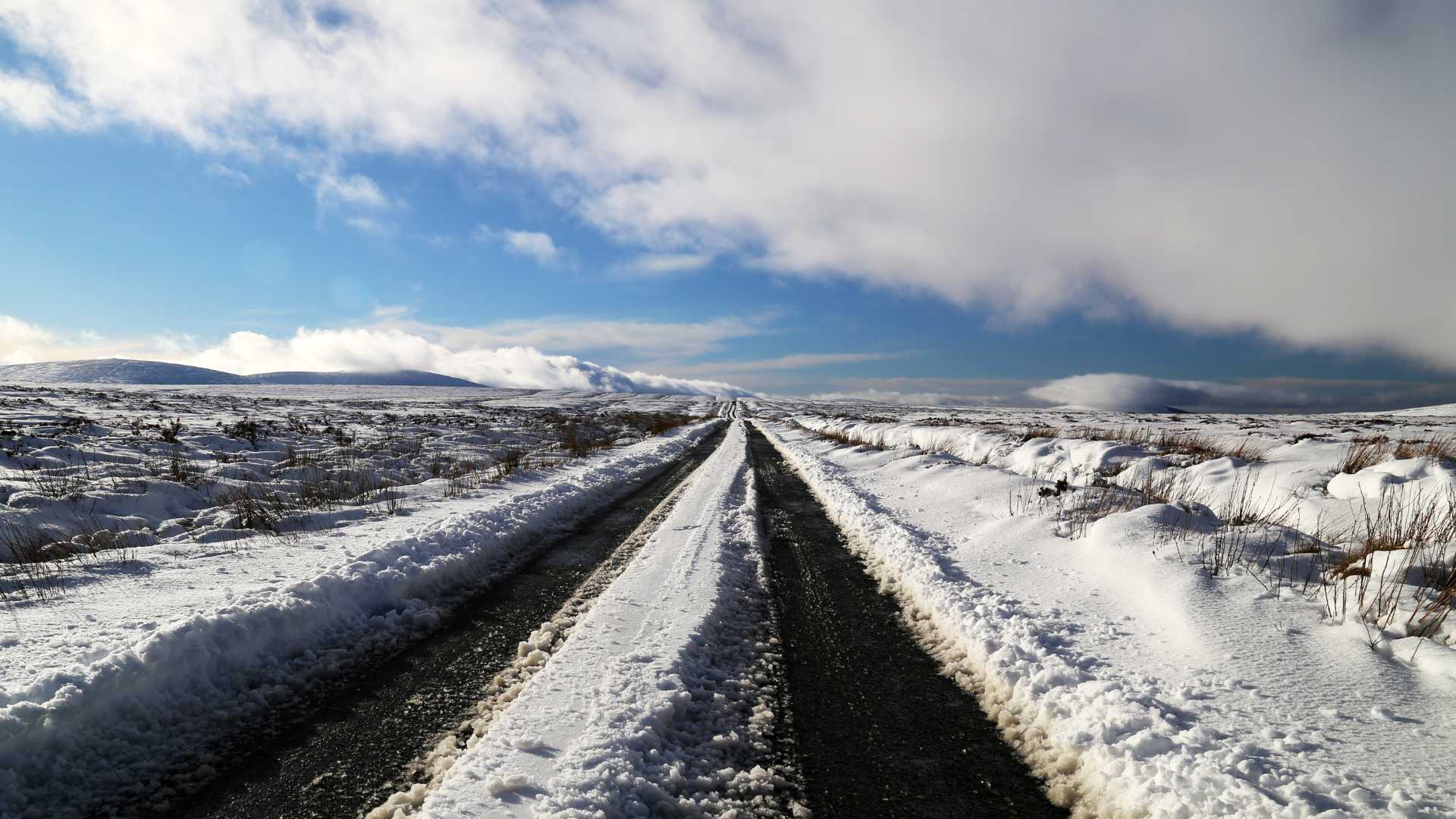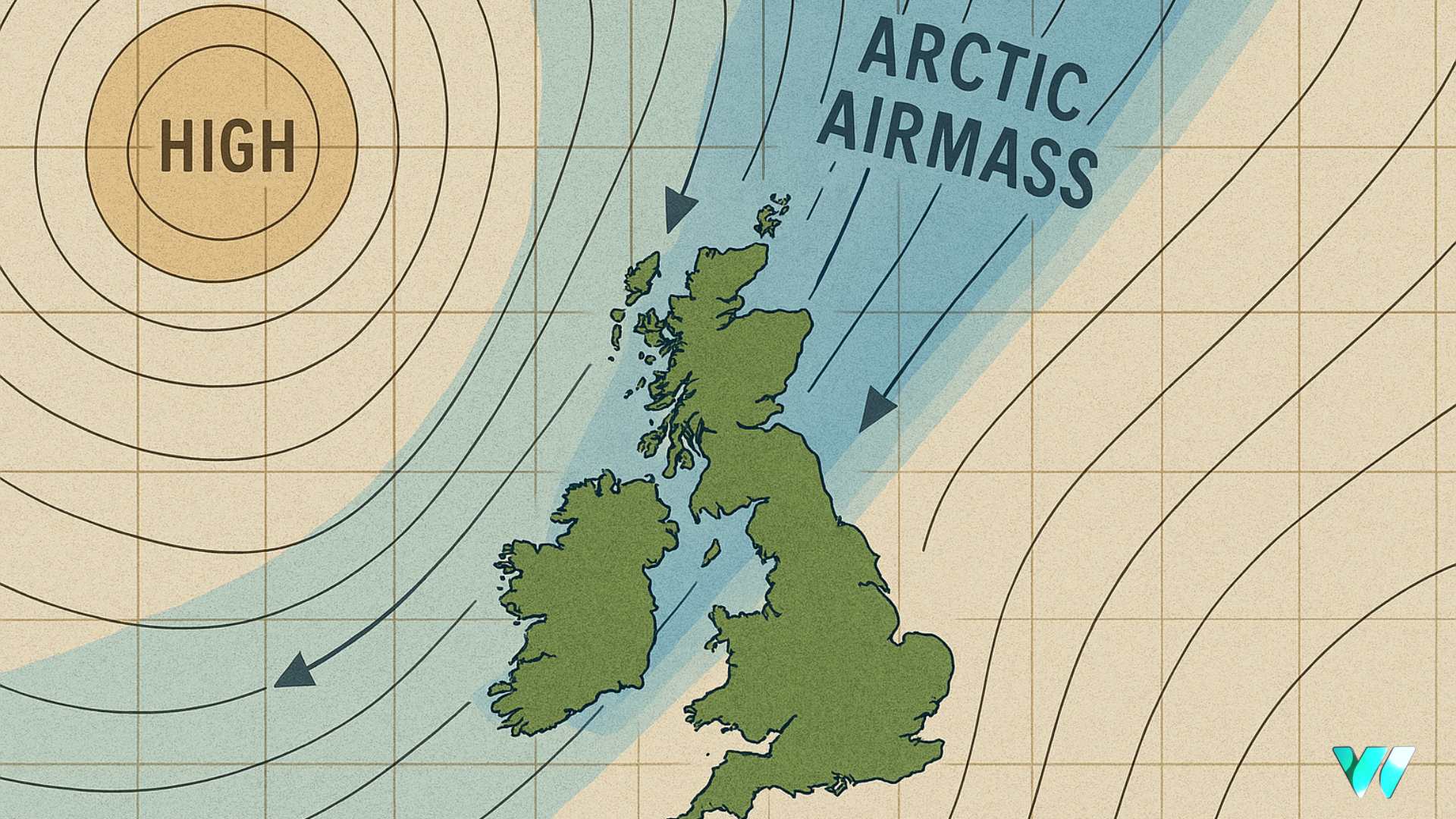
Study Improves Modelling of Current Key to Ireland’s Temperate Climate
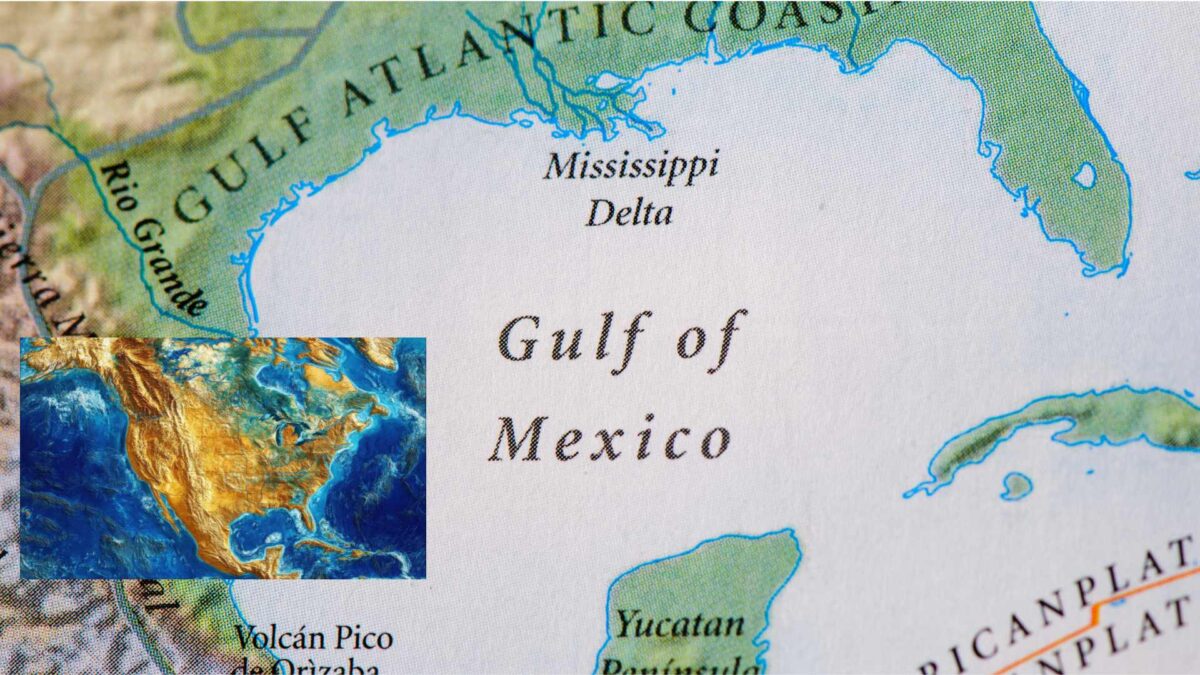
A new study has reported progress in one of oceanography’s most difficult challenges: accurately modelling the Gulf Stream and its influence on the Gulf of Mexico. The work has significance far beyond North America, as the Gulf Stream helps to moderate Ireland’s climate by carrying warm water across the Atlantic.
The study, led by applied mathematicians at the University of California, Santa Cruz, has developed artificial intelligence systems that can predict short term ocean behaviour more accurately than traditional models. The researchers also found that their system can simulate ocean conditions up to ten years ahead without drifting into physically impossible results. The findings are published in the Journal of Geophysical Research: Machine Learning and Computation.
The Gulf of Mexico is a key region for global shipping and offshore oil production. It is also where the Gulf Stream gathers heat before flowing into the Atlantic. Large rotating features called eddies break from the current and can create hazardous conditions for vessels and oil platforms. Accurately representing these eddies has long been a challenge for ocean scientists.
Dr Ashesh Chattopadhyay, who led the research, said that improving the ability to model these currents is essential. He said the Gulf of Mexico provides an ideal testing ground because it highlights where existing models tend to fail. He noted that resolving the fine details of the Gulf Stream has remained a persistent difficulty in the field.
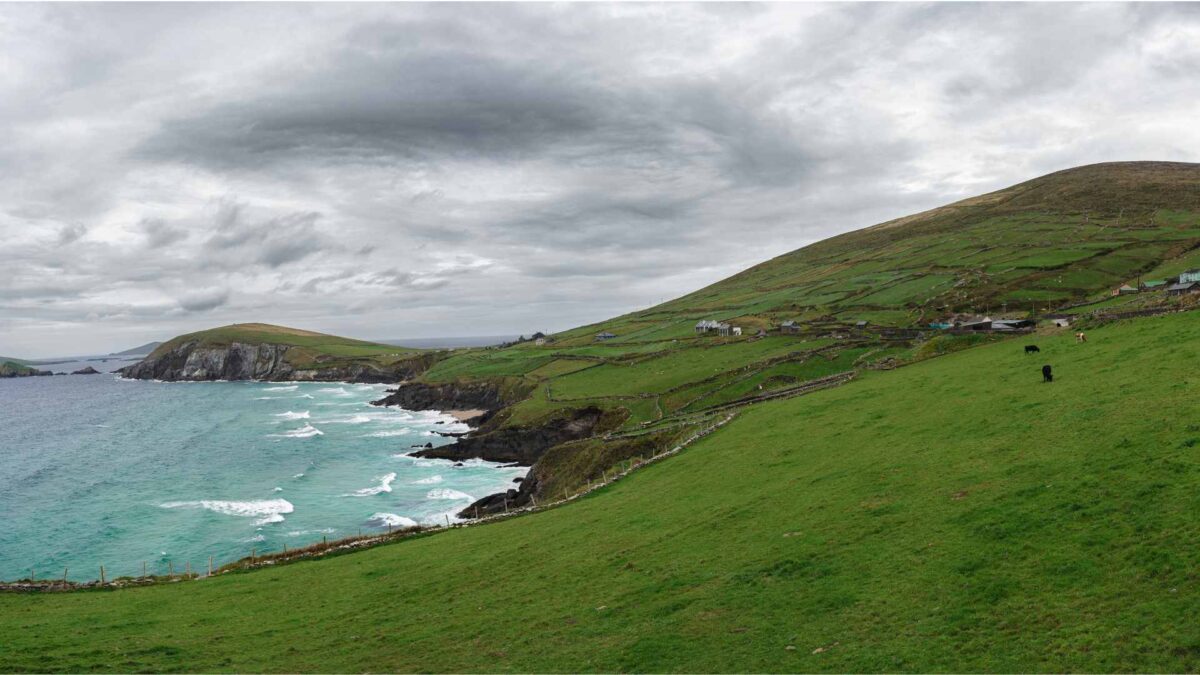
Ireland’s climate is closely linked to this system. The Gulf Stream carries warm water northwards, helping to keep Ireland’s winters much milder than places at similar latitudes.
Scientists have warned that if the current weakens significantly, Ireland could face colder and wetter winters despite global warming.
Recent assessments by Irish marine researchers have also pointed to the potential for higher sea levels along the Atlantic coast if the current slows.
The new modelling approach developed in California uses a two stage process. A broad model predicts large scale ocean conditions at lower resolution. A second system then sharpens those results to a finer scale while preventing unrealistic outcomes by applying physical rules. The team reported that this technique produced more accurate 30 day forecasts than established high resolution models that currently guide maritime planning.
The project includes collaboration with Fujitsu’s Converging Technologies Laboratory, which is working to ensure the system can be used in real world maritime settings such as port management and ship routing. The researchers say their focus is not only on scientific accuracy but on making sure the software is light enough to operate aboard vessels at sea.
Dr Chattopadhyay said the findings reflect a broader pattern in which artificial intelligence models designed with strong physical constraints are beginning to outperform traditional approaches in earth sciences. He said improvements in representing the Gulf Stream will influence long term forecasting of weather, sea level and marine conditions on both sides of the Atlantic.
The research continues as part of efforts to underst
Share this WeathÉire story:

